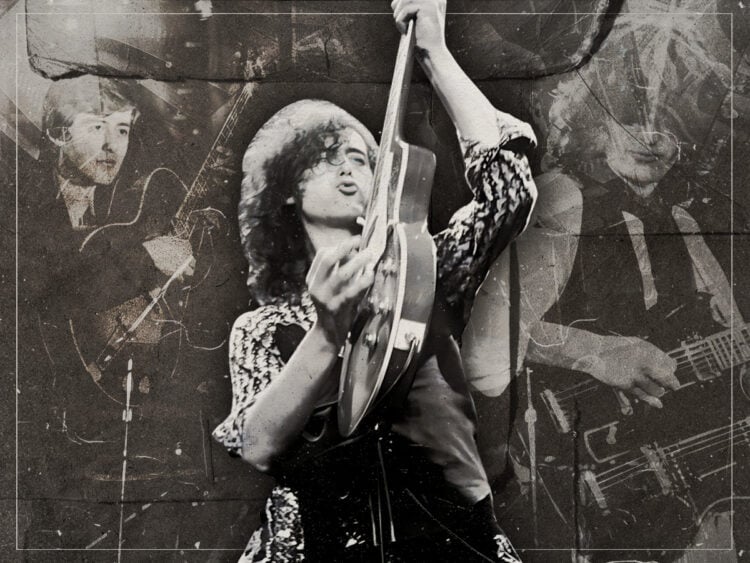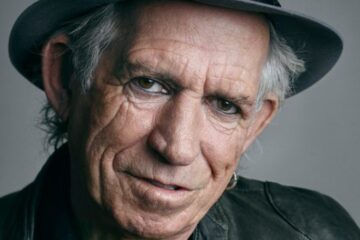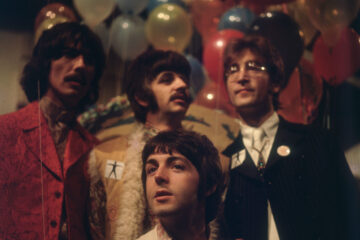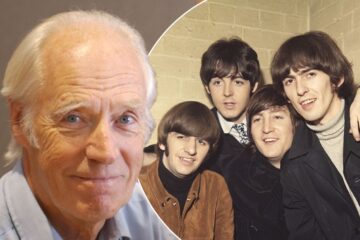News “It was superb”: exploring Jimmy Page’s opinions on punk
Over the years, Britain’s favourite guitar hero, Jimmy Page, has shown himself to be somewhat sceptical about the emergence of new music scenes and genres. After embracing psychedelia with The Yardbirds and helping to establish hard rock and heavy metal with Led Zeppelin, Page quickly found that the musical landscape was moving on, with or without him. Although his reputation as a musical master never waned, the emergence of abrasive new styles like punk seemed to threaten his position.
You can’t really blame the rock stars of the 1960s and early 1970s for being apprehensive about the advent of punk. After all, the DIY ethos of the movement was totally at odds with the arena rock stylings and technical proficiency of most established rock bands. For years, to become successful, you had to learn your craft, master your instrument and torture yourself over songwriting, but in the punk age, you only needed three guitar chords and a safety pin through your nose. The movement sought to tear down the music establishment, of which people like Jimmy Page were firmly a part of.
Ironically, therefore, punk music owed a great deal to the pioneering hard rock of groups like Black Sabbath and Led Zeppelin, in addition to the adolescent rebellion of 1960s rock groups like The Kinks and The Who. Exemplifying this, Sex Pistols frontman Johnny Rotten revealed in 2015, “Physical Graffiti is one of my favourite albums. The sheer terror and ferocity of it… beautiful landscaping,” during an interview with Classic Rock. Although Rotten, in more recent years, has essentially betrayed every ideal that punk rock claimed to hold dear, his appreciation for Zeppelin rings true for many musicians of that era.
Surprisingly, though, Jimmy Page did not seem at all threatened by the advent of punk. While he was resistant to the emergence of styles like hip-hop, which shared many of the same attitudes as punk, Page seemed pretty content with groups like The Damned and The Pistols taking over the UK’s rock scene.
Talking to The Guardian back in 2015, Page revealed, “I really enjoyed punk music: I went to hear The Damned, and Robert [Plant] came along. The two of us went to see the Damned here in London.” Adding, “He’d probably run a mile from something like that now, but I’d still embrace it. I liked the Sex Pistols’ music. I thought it was superb.”
While other established rock groups, like The Kinks, sought to switch up their sound with the arrival of punk, Page and Led Zeppelin were happy to continue on in spite of these buzzsaw guitars and politically charged lyrics. “I liked it, but that didn’t mean to say I was going to give up on the way I was going.” Page explained, “But you do, you appreciate other music along the way. […] It was just really good music.”
Granted, the idea of Led Zeppelin creating a punk or new wave album is pretty enticing – though it is equally easy to imagine the reality of such a premise being incredibly embarrassing. Ultimately, the distinctive tones of Page and Plant transcended genre trends and fashions, which is probably why Zeppelin remain such a revered act to this day, over 50 years since their inception.




